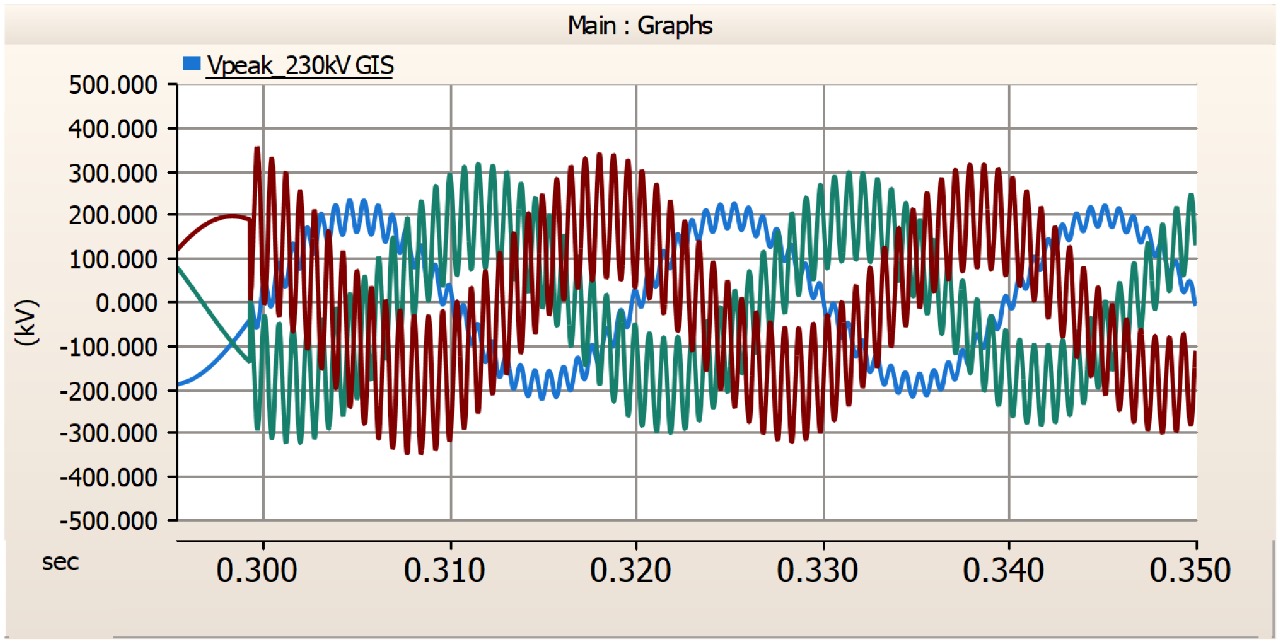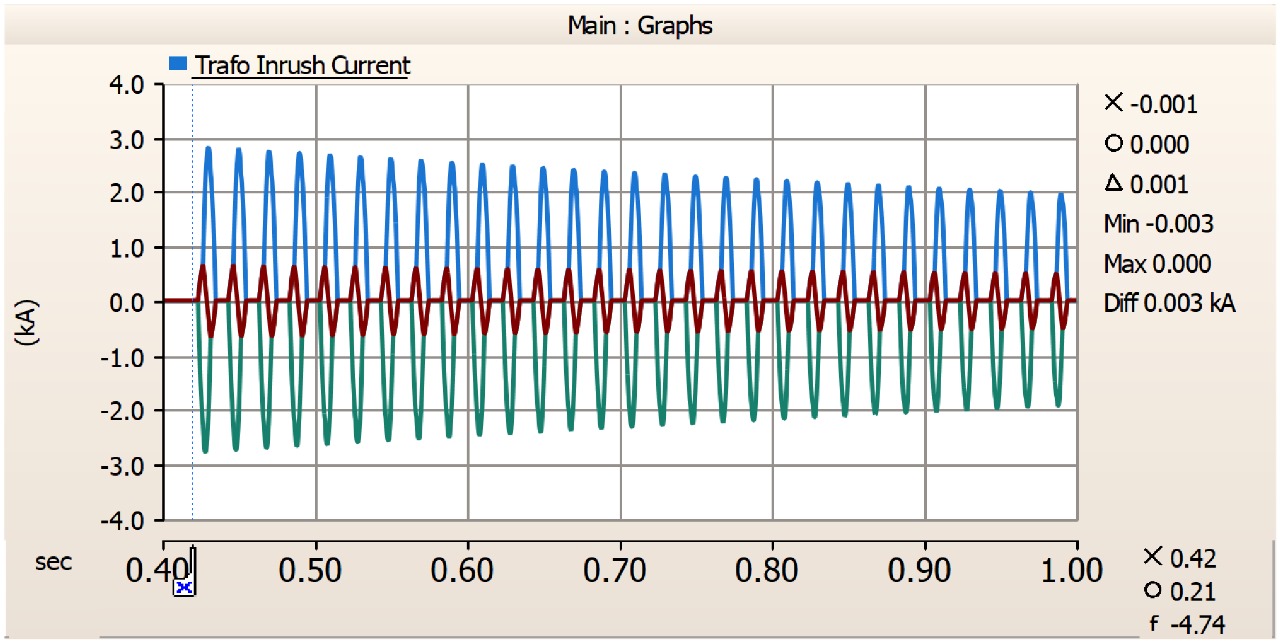INSULATION COORDINATION STUDY
Insulation Coordination Studies – Electrical power systems are highly nonlinear and dynamic in nature: circuit breakers are closing and opening, faults are being cleared, generation is varying in response to load demand and the power systems are subjected to atmospheric disturbances that is lightning. Thus, the electromagnetic and electromechanical energy is constantly being redistributed in the power systems, among the system components. These energy exchanges cannot take place instantaneously but take some time period which brings about the transient state. The energy status of the sources can also undergo changes and may subject the system to higher stresses resulting from increased currents and voltages.
Latest Projects
Check out our latest power system study projects around the world
OBJECTIVE OF INSULATION COORDINATION STUDY
The objective of the insulation coordination study is to verify that the already selected equipment is appropriate and it satisfies the performance criteria required for overvoltage switching surge and overvoltage caused by lightning.
Insulation coordination also helps us to determine the selection and verification of surge arrester at right and to limit the various types of overvoltage.
There are various types of studies including in insulation coordination study:
- Temporary Overvoltage (TOV)
- Switching Overvoltage (SFO)
- Fast Front Overvoltage (FFO)
- Very Fast Front Overvoltage (VFFO)


REFERENCE
Insulation Study is carried out in accordance with the methodology and guidelines outlined in
- IEC Standard 60071-2: Application guide
- IEC Standard 60071-4: Computational guide to insulation co-ordination and modelling of electrical networks
- CIGRE WG 33.01: Guide to procedures for estimating the lighting performance of transmission lines
Prestigious Customers



















